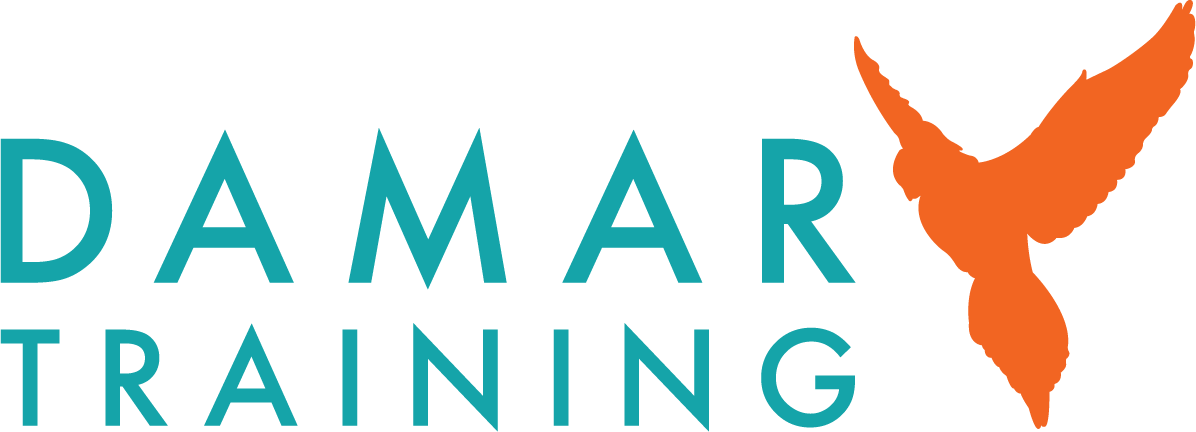Often lawyers find themselves in supervisor or team leader roles because they are qualified in law and have been so successful at managing their own caseload. However, they have never been given the basic skills to manage a team. With staff working more remotely now, this also brings additional challenges to supervisors, in terms of law firm supervision. Management apprenticeships solutions and techniques to support managers, supervisors and team leaders within law firms to achieve their potential and maximise business benefits.
Effective law firm supervision
The Law Society states that there are four main characteristics of good supervision within law firms.
The first of these is the ability to provide regular feedback to the team. This helps individuals to feel supported, build on their skills and improve their weaknesses. Feedback can be provided in formal appraisals and performance reviews, or in informal conversations. It is important that the supervisor is seen as approachable by the team and that they feel able to share their challenges and aspirations.
Secondly, it is important that the supervision is tailored to the level of experience and seniority of the team member as well as the type of work that is involved. The supervisor needs to be able to adapt their communication style accordingly.
Thirdly, the supervisor needs to be a good delegator. This involves providing clear guidance and instructions, as well as setting out the context of the work to be undertaken and the expected outcomes. The supervisor must ensure that the team member has the capacity and any necessary resources to carry out the required tasks.
Finally, supervisors must be able to identify learning and development opportunities for their team. By understanding the current skillset of the team and the individuals within it, supervisors can recognise skills gaps and work to reduce these through formal and informal training.
These four key skills – providing feedback, tailoring supervision, delegation and developing staff – are not necessarily skills that lawyers have previously developed in their legal training and experience. According to The Law Society, the best way to develop good law firm supervision is to provide management training.
Supervisor training
Supervisor training courses can be expensive and they provide no guarantee that the supervisor will effectively implement what they’ve learnt in their role. Increasingly, legal firms are recognising the value in using apprenticeship training to develop their supervisors. Apprenticeship training is fully funded via the apprenticeship levy for businesses with a payroll of more than £3 million and 100%-95% funded by the government for non-levy payers. This means that law firms can develop their supervisors in a highly cost-effective manner.
The level 3 team leader apprenticeship develops the skills, knowledge and behaviours required for the role, as well as ensuring that these are being effectively implemented in the workplace.
These are some of the knowledge, skills and behaviours set out in the apprenticeship standard:
Knowledge
- Performance management techniques
- How to identify the learning needs of others and solutions to address them
- Processes and policies which support the delivery of operational requirements
- Project management tools and techniques
Skills
- Use resources to implement operational and team plans
- Use tools to organise, prioritise and allocate daily and weekly work activities
- Able to collate and interpret data and information and create reports
- Identify and support the development of the team through informal coaching and continuous professional development.
Behaviours
- Acts professionally, ethically and with integrity
- Supports an inclusive culture, treating colleagues and external stakeholders fairly and with respect
- Takes accountability and ownership of their tasks and workload.
Off-the-job training
Supervisors within law firms have to manage their own caseloads, as well as support their team. In addition, the apprenticeship requires that the supervisor spends some of their time undertaking off-the-job training (as set out in their training plan) and this can, at first, seem like a daunting prospect. But off-the-job training does not mean that your supervisor will be off-site or in workshops one day a week. Off-the-job training can potentially include lectures, role playing, simulation exercises, online learning, shadowing, mentoring, learning support and time spent writing assignments. The main requirement is that the activity contributes to the development of any of the knowledge, skills and behaviours set out in the apprenticeship standard.
Want to know more?
If you’d like to find out more about developing your managers for law firm supervision, you can read more about our management apprenticeships or get in touch. We can talk you through how other legal practices have managed the off-the-job training element and the benefits that the training has brought to their firm.

